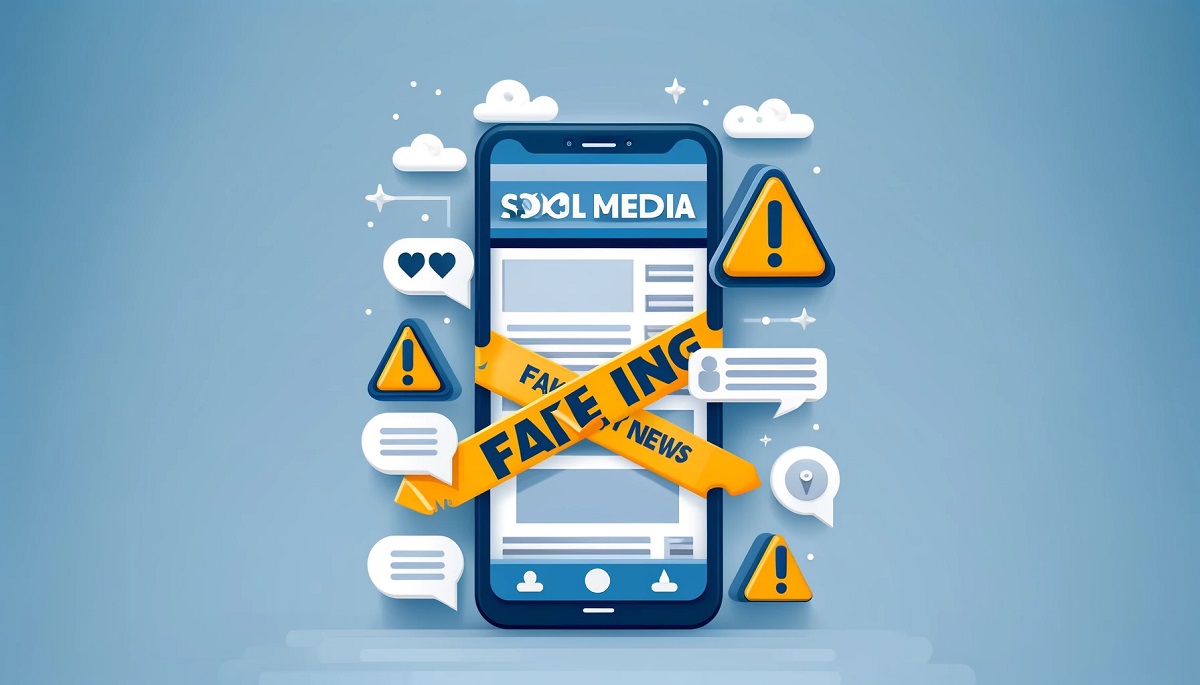
Shouldn't Use Social Media for Information
In today's digital age, social media has become a pervasive source of information for many. While platforms like Facebook, Twitter, and Instagram offer quick access to news and updates, they also present significant risks regarding misinformation.
This post will explore the pitfalls of relying on social media for information and the psychological effects of consuming false information. It will also provide practical tips for verifying information and seeking reliable sources.
The Dangers of Using Social Media for Information
Social media platforms are notorious for the rapid spread of misinformation. A study by MIT found that false news stories are 70% more likely to be retweeted than true stories. This alarming statistic highlights how misinformation can quickly gain traction, overshadowing factual content.
Case Studies of Major Misinformation Incidents
-
COVID-19 Pandemic: During the early stages of the COVID-19 pandemic, false information about the virus's origin, transmission, and treatment spread rapidly across social media. This led to widespread panic and the proliferation of harmful practices.
-
U.S. 2020 Election: Social media played a significant role in spreading false information about the 2020 U.S. presidential election, leading to confusion and mistrust among the public.
The Psychological Impact of Consuming Misinformation
Consuming false information can have profound psychological effects. Research shows that exposure to misinformation can create false memories and reinforce existing biases. This phenomenon, known as the "illusory truth effect," occurs because repeated exposure to falsehoods makes them seem more believable.
Effects on Public Opinion
Misinformation can significantly sway public opinion, leading to polarized views and misinformed decisions. Social media's echo chamber effect exacerbates this issue by showing users content that aligns with their preexisting beliefs, further entrenching their viewpoints.
Social Media vs. Traditional Media: A Reliability Comparison
Traditional media outlets, such as newspapers and television news channels, typically have rigorous editorial standards and fact-checking processes. In contrast, social media platforms lack these mechanisms, allowing unverified information to circulate freely.
Guidelines for Identifying Credible Sources
-
Check the Author's Credentials: Ensure the information comes from a reputable source with expertise in the subject matter.
-
Verify with Multiple Sources: Cross-reference the information with other credible sources to confirm accuracy.
-
Look for Citations and References: Reliable information often includes references to reputable studies, experts, and institutions.
Tips for Verifying Information Online
-
Use Fact-Checking Websites: Websites like Snopes, FactCheck.org, and PolitiFact can help verify the accuracy of information.
-
Analyze the Source's Reputation: Consider the reputation and reliability of the website or social media account sharing the information.
-
Examine the Date: Ensure the information is current and relevant to the context in which it is presented.
-
Check for Bias: Be aware of potential biases that may affect the presentation of information.
Expert Opinions on Information Literacy
Experts emphasize the importance of information literacy in the digital age. Dr. Claire Wardle of First Draft states, "The ability to critically assess information is crucial for navigating the complex media landscape." Information literacy involves evaluating the credibility, accuracy, and reliability of information sources, an essential skill for anyone seeking to be well-informed.
Conclusion:
While social media can provide quick updates and entertainment, there are other reliable sources for obtaining accurate information. To ensure you are well-informed, rely on credible sources, verify information rigorously, and develop strong information literacy skills. Doing so can protect you from misinformation and help you make better-informed decisions.
Information Technology




